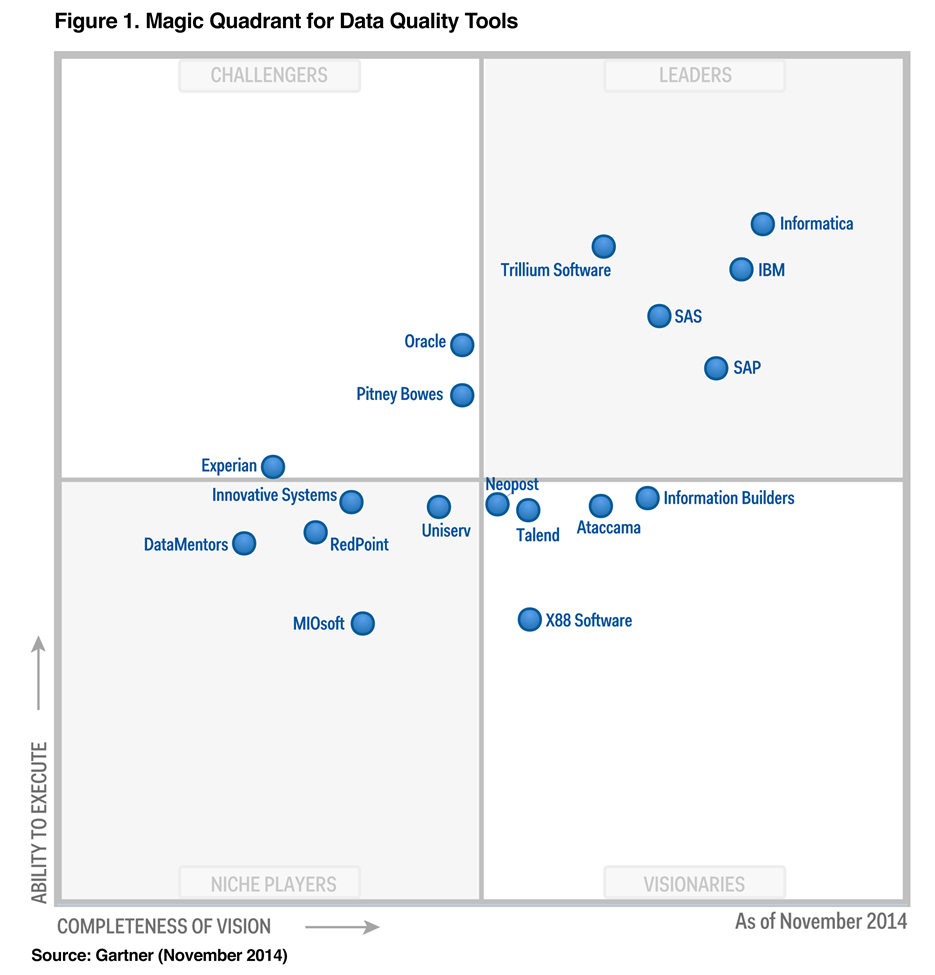Tech & Innovation

At Experian, we are continually innovating and using technology to find solutions to global issues, modernize the financial services industry and increase financial access for all.
DEI

Our deep commitment to social and financial inclusion is reflected in our workplace culture, our partnerships and our efforts to break down the barriers to financial equity.
Financial Health

Our initiatives are dedicated to getting tools, resources and information to underserved communities so that consumers can best understand and improve their financial health.
Latest Posts:

With the New Year in full swing, it’s time to start turning thoughts to pulling together all the financial documents you’ll need to prep for tax time. A recent survey commissioned by Experian’s ProtectMyID shows that more and more consumers continue to file their taxes electronically – an estimated 81 percent of respondents plan to do so in 2015—but some are still unaware of the nature of tax-related identity theft (16 percent).

 As many organizations look to turn data into actionable insight, a high degree of inaccurate information is limiting data insight and negatively impacting the bottom line. This is according to a new Experian Data Quality released today.
On average, U.S. organizations believe 32 percent of their data is inaccurate, a 28 percent increase over last year’s figure of 25 percent. This high degree of inaccurate information causes 91 percent of respondents to believe revenue is affected by inaccurate data in terms of wasted resources, lost productivity, or wasted marketing and communications spend.
As many organizations look to turn data into actionable insight, a high degree of inaccurate information is limiting data insight and negatively impacting the bottom line. This is according to a new Experian Data Quality released today.
On average, U.S. organizations believe 32 percent of their data is inaccurate, a 28 percent increase over last year’s figure of 25 percent. This high degree of inaccurate information causes 91 percent of respondents to believe revenue is affected by inaccurate data in terms of wasted resources, lost productivity, or wasted marketing and communications spend.

 2014 was an eventful year: Republicans regained control of both the House and Senate in sweeping fashion, the European economy constricted dramatically, Russian economic sanctions brought the country to the brink of default, and China surpassed the United States as the world’s largest economy. And those are just a few of the year’s macro highlights.
Yet despite this tumultuous time, the United States continued to demonstrate positive economic trends. As we look ahead, precarious global events and international uncertainties continue to raise some alarms, but domestic economic fundamentals appear strong enough to withstand external shock. In general, the U.S. economic recovery is on track to evolve into a full-fledged expansion.
2014 was an eventful year: Republicans regained control of both the House and Senate in sweeping fashion, the European economy constricted dramatically, Russian economic sanctions brought the country to the brink of default, and China surpassed the United States as the world’s largest economy. And those are just a few of the year’s macro highlights.
Yet despite this tumultuous time, the United States continued to demonstrate positive economic trends. As we look ahead, precarious global events and international uncertainties continue to raise some alarms, but domestic economic fundamentals appear strong enough to withstand external shock. In general, the U.S. economic recovery is on track to evolve into a full-fledged expansion.

Have you heard of #CreditChat? #CreditChat is an online discussion that happens on Twitter and YouTube every Wednesday at 3 p.m. ET. It’s an educational and fun hour when we discuss credit and money issues with consumers, personal finance writers, academics, and financial organizations.

Partnership with Experian Marketing Services will help Bare Necessities offer its customers a more seamless and rewarding experience across touch-points, including call-center support and email communications Bare Necessities, the largest online specialty retailer of women’s and men’s branded and designer intimate apparel and lingerie, entered into an agreement with Experian Marketing Services, a recognized leader in data-driven marketing, that will help the retailer better understand and engage with its customers. Using the Experian Marketing Suite, Bare Necessities has the ability to plan, manage, execute and optimize all of its customer interactions in real time across any channel, all from within a single system. “Customers choose Bare Necessities because we offer them a better way to buy bras,” said Noah Wrubel, cofounder and chief executive officer, Bare Necessities. “The Experian Marketing Suite will help us take that customer experience to the next level, a more personal level, and meet our customers’ expectations each and every time, regardless of the channel.”

 Just how loyal are consumers to a particular make or model of vehicle?
A new Experian Automotive study answers this question by highlighting the loyalty behavior of consumers who got rid of their previous vehicle to purchase a new one.
The analysis showed that, overall, Ford owners had the highest percentage of loyalty when returning to market, with 60.8 percent purchasing another Ford vehicle. Rounding out the top five makes with the highest percentages of loyal consumers were Toyota, Subaru, Kia and Lexus, with 59.1 percent, 57.7 percent, 57.2 percent and 55.9 percent returning to buy another vehicle of the same make.
Just how loyal are consumers to a particular make or model of vehicle?
A new Experian Automotive study answers this question by highlighting the loyalty behavior of consumers who got rid of their previous vehicle to purchase a new one.
The analysis showed that, overall, Ford owners had the highest percentage of loyalty when returning to market, with 60.8 percent purchasing another Ford vehicle. Rounding out the top five makes with the highest percentages of loyal consumers were Toyota, Subaru, Kia and Lexus, with 59.1 percent, 57.7 percent, 57.2 percent and 55.9 percent returning to buy another vehicle of the same make.

Experian Data Breach Resolution and BillGuard®, the leading personal finance security company, have launched a strategic collaboration to better protect consumers during an unprecedented era of identity theft. Responding to the recent wave of payment card breaches, the companies unveiled an advanced identity protection suite, combining BillGuard’s award-winning card fraud monitoring mobile application with Experian’s award-winning identity protection product, ProtectMyID®. A sharp increase in data breaches over the last several years has compromised the payment cards of millions of American cardholders. Fraudulent use of compromised credit cards and debit cards now accounts for more than 85 percent of all identity theft, which causes nearly $25 billion in financial damage in the U.S. each year . Unfortunately, financial institutions detect less than half of ECF, leaving cardholders to catch the rest – or personally absorb the financial loss.

At Experian, we focus on helping consumers navigate and better understand the world of credit. Recently, we’ve made some changes within our consumer products. We’re excited to share all the developments we’ve been working on – not the least of which is the inclusion of offering our members their FICO® Scores using Experian data. FICO® Scores are used in 90 percent of credit decisions. They’re the credit scores that most consumers recognize as being most relevant. We know this because they told us. Consumers asked us about FICO because a majority of lenders use FICO® Scores as a factor in their credit decisions – and we heard them.

Today, we are excited to announce that Experian has made it onto the Gartner Magic Quadrant for Data Quality Tools.



